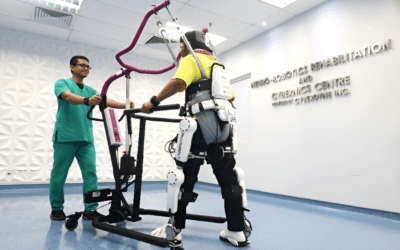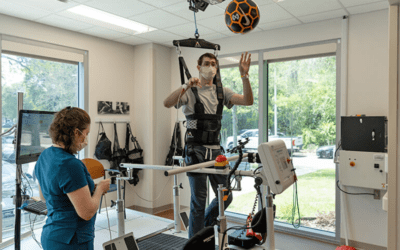Multiple sclerosis (MS) is a potentially disabling disease of the brain and spinal cord (central nervous system). This condition causes a range of symptoms, including vision problems; muscle weakness and muscle stiffness accompanied by painful muscle spasms; tingling, numbness, or pain in the arms, legs, trunk, or face; clumsiness, especially difficulty staying balanced when walking; bladder control problems; and intermittent or constant dizziness.
In MS, the immune system attacks the protective sheath (myelin) that covers nerve fibres and causes communication problems between your brain and the rest of your body. Eventually, the disease can cause permanent damage or deterioration of the nerve fibres.
Multiple sclerosis signs and symptoms may differ greatly from person to person, depending on the location of affected nerve fibres.

Common symptoms of Multiple Sclerosis include:
- Numbness or weakness in one or more limbs that typically occurs on one side of your body at a time
- Mood swings
- Tingling sensation, Inability to walk
- Lack of coordination
- Partial or complete loss of vision or prolonged double vision
- Vertigo
- Problems with bowel, and bladder function
- Fatigue
- Slurred speech
- Cognitive problems
Complications of Multiple Sclerosis:
- Muscle stiffness or spasms
- Severe weakness or paralysis, typically in the legs
- Problems with bladder and bowel movements
- Cognitive problems
- Mood problems, such as depression, anxiety, or mood swings
- Seizures, though very rare
Treatment of Multiple Sclerosis with FTY720 (Fingolimod):
Multiple Sclerosis is a global problem, and its prevalence is on the rise. It is a chronic, autoimmune disorder of the central nervous system (CNS) that is characterised by inflammation leading to demyelination, oligodendrocytes, and neuronal loss.

Fingolimod is a breakthrough in the treatment of multiple sclerosis as it is the first oral agent available for this disorder.
Fingolimod is the first drug approved by the US FDA for the treatment of MS at a dose of 0.5 mg. FTY720 is a new-generation treatment.
Action of the drug FTY720:
Patients with MS display a wide range of symptoms that primarily arise from demyelination in the central nervous system, which includes the brain, spinal cord, and optic nerves. The destruction of the protective myelin sheath that surrounds nerve cells and axonal damage are thought to be due to the auto-destructive effects of inflammatory T cells.
The Medical Devices for Multiple Sclerosis Treatment reduces the number of inflammatory cells in the circulation and CNS, and in doing so reduces their potential to damage the myelin sheath surrounding axons in MS nerve cells.
Benefits of FTY720:
- Fingolimod has shown an effect on disability and reduces brain atrophy
- The multiple sclerosis drug Fingolimod elicits a neuronal gene expression response.
- Fingolimod increases neurite growth of peripheral neurons in the central nervous system.
- FTY720 enhances peripheral axon regeneration of the injured facial nerve.
- Fingolimod may act through immune-based and central mechanisms to reduce inflammation and to support structural restoration of the CNS parenchyma.
Conclusion:
The discovery of Fingolimod, an orally active immunomodulatory drug, has opened up new approaches to the treatment of multiple sclerosis, the most common inflammatory disorder of the central nervous system.



